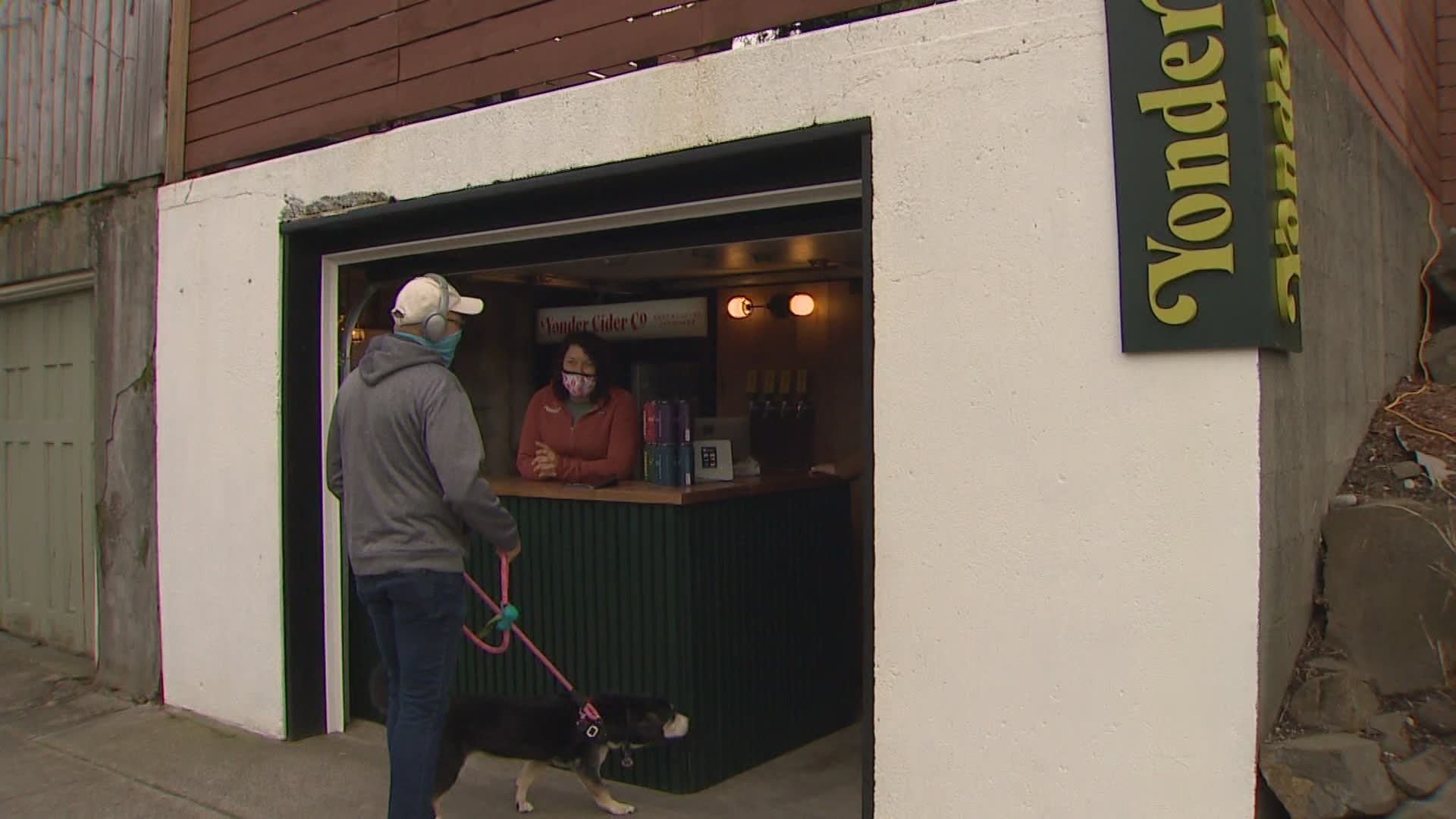OLYMPIA, Wash. — Washington state lawmakers are considering a bill that would create a pilot program allowing the permitting of microenterprise home kitchens.
HB1258 passed the House and is now in committee in the Senate. The bill was created by Representative Noel Frame.
During a public hearing on Tuesday, Frame said the bill has been years in the making.
"Washington state has some of the most restrictive laws in the nation related to home-based businesses," Frame said during a public hearing on Tuesday, "As a consequence, frankly a lot of folks are operating informally without proper training or licensing. So the goal of this bill is to provide a pathway for folks who want to get into the food business to have a way to do that safely and legally."
The bill requires certain restrictions for micro home kitchens, including rules about food preparation and that food can't be kept hot for more than two hours or held overnight. Microenterprise would also not be allowed to sell more than 20 meals a day and no more than 100 meals a week.
The bill would go into effect July 1, 2022.
Some groups, including the Washington State Board of Health and the Washington State Association of Public Health Officials, have voiced concern that the bill isn't strict enough on food safety guidelines.
"The program needs to provide reasonable assurance of food safety and while we know that not everything in the food code would apply to a system like this we think the existing food code should be the basis for setting this up and operating it," said Art Starry, who spoke on behalf of the Washington State Association of Public Health Officials. "The bill before you does relax or suspend a wide variety of elements within the food code ... While some are pretty minor like signage for vaping, there are other exemptions for heating and cooling and food preparation spaces and other things that are critical for food safety."
Frame acknowledged the food code exemptions and said they're replaced with modified requirements.
In its first year, counties with a population over 2 million could issue 30 permits. Counties with a population between 449,000 and 2 million could issue 20 permits. Counties with fewer than 449,000 residents could issue 10 permits. The permit numbers could double in the second year.
The City of Seattle recently passed its own ordinance, similar to the one being considered statewide. The ordinance allowed Yonder Cider to operate Yonder Bar from a garage in the Phinney Ridge neighborhood.
"So what Yonder Bar has done for Yonder Cider has really allowed us to really understand the viability of our business. Instead of signing a scary five to tenyear commercial lease we can start in a rent-free garage and see if it works," said Yonder Cider founder Caitlin Braam.
Braam said she looks forward to seeing other businesses like hers in neighborhoods.
"It's a huge leap. It's terrifying sometimes to go and be like, 'I want to do this but is it going to work?' By allowing people to build something in their garage it takes some of the fear away and it gives them a chance to take a smaller leap that hopefully someday leads to a bigger one," Braam said.
The bill is scheduled for an executive session in the Senate Committee on Agriculture, Water, Natural Resources & Parks at 1:30 p.m. on Thursday.

